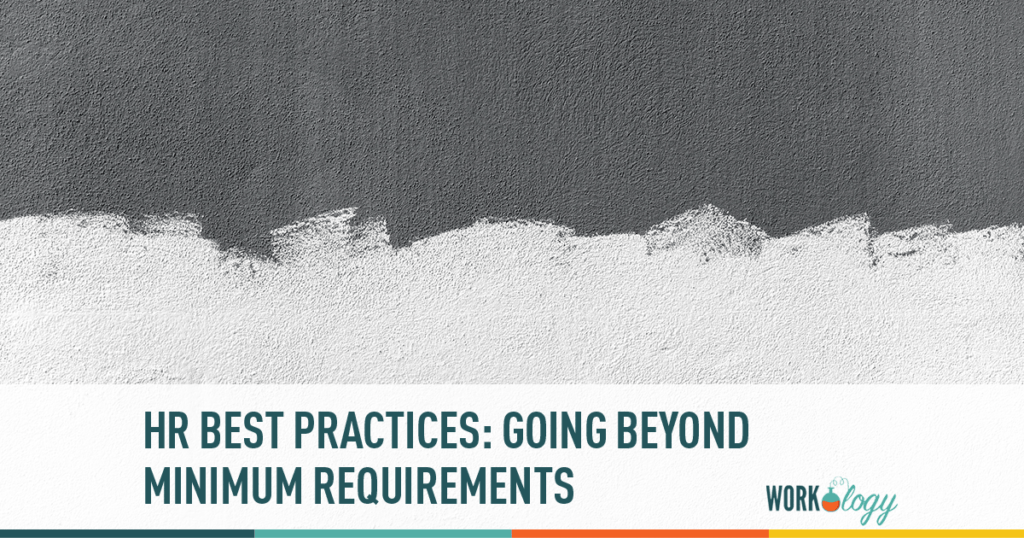Employment laws are modified annually. This requires HR professionals to evaluate employee handbooks and rules on a regular basis and update them as necessary to be in compliance. Although it may be alluring, your organization may not always benefit from modifying your policy to satisfy the bare minimal standards.
Understanding How Planned Change and Requirements Fit Your Culture
When implementing any changes, determine how those changes fit within your company culture. In the end, you want a policy that abides by the law and also satisfies the requirements of both the business and the employees. This is a deliberate adjustment that frequently entails going above and beyond what the law requires.
For instance, the new paid sick leave regulation in California becomes effective on July 1. The legislation provides a few options for how employees can accrue sick time, so employers have to choose which option works best for their business. Do they alter their PTO policy to comply with the new legal requirements? Do they front load sick time at the start of every year, or does everyone earn it as they go along?
First, consider how the law relates to your current policy. If you currently have a PTO plan, you might just need to make a few changes to be in compliance with the sick leave rule. Next, consider whether it would be preferable to give your employees more than what the law mandates. For instance, some states have laws requiring meal breaks. In California, employees are required to receive a meal break of at least 30 minutes, but some employers have chosen to make an hour-long break the standard. An hour would likely be a better fit for your company culture if your employees typically leave the building for lunch because it gives them the opportunity to go somewhere and enjoy their meal break without having to rush back.
Creating a Supportive Work Environment
Going beyond minimum requirements also contributes to a positive work environment. Employment laws are generally put in place to improve working conditions and to protect employees from questionable employment practices. While some may see this change and compliance as a nuisance, in reality implementing changes could actually make your workplace better for employees.
When we create policies and programs that go above and beyond the bare minimum and cater to the needs of our staff, we convey the idea that they are an important component of our business. As an investment in your staff, think about improving a law’s requirements.
Providing Excellent Benefits
Any policies or programs that go beyond minimum requirements are a benefit to employees. For example, there is no federal law requiring paid holidays or premium pay on holidays, yet many employers choose to offer these things as a benefit to employees.
Things like the California paid sick leave law are a good way to improve your benefits package. The Affordable Care Act has made planned changes in how employers offer insurance. While some employers are doing just enough to be in compliance, following best practices would mean offering more. Doing so makes you more appealing to prospective employees.









